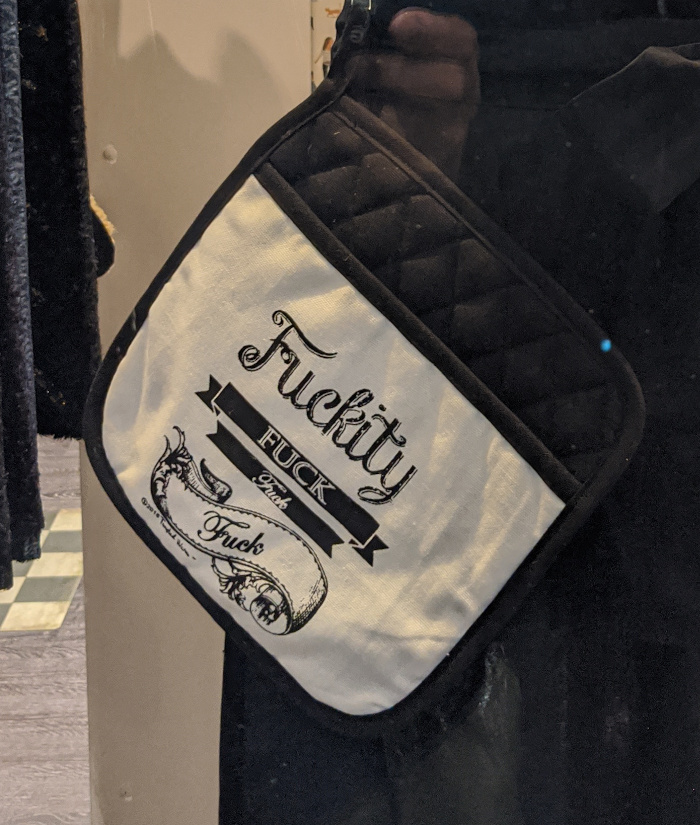"Grapholinguistics"
According to Yannis Haralambous, "Grapholinguistics, TEX, and a June 2020 conference in Paris", TUGboat 2020:
Grapholinguistics is the discipline dealing with the study of the written modality of language.
At this point, the reader may ask some very pertinent questions:“Why have I never heard of grapholinguistics?” “If this is a subfield of linguistics, like psycholinguistics or sociolinguistics, why isn’t it taught in Universities?” “And why libraries do not abound of books about it?”
Read the rest of this entry »




